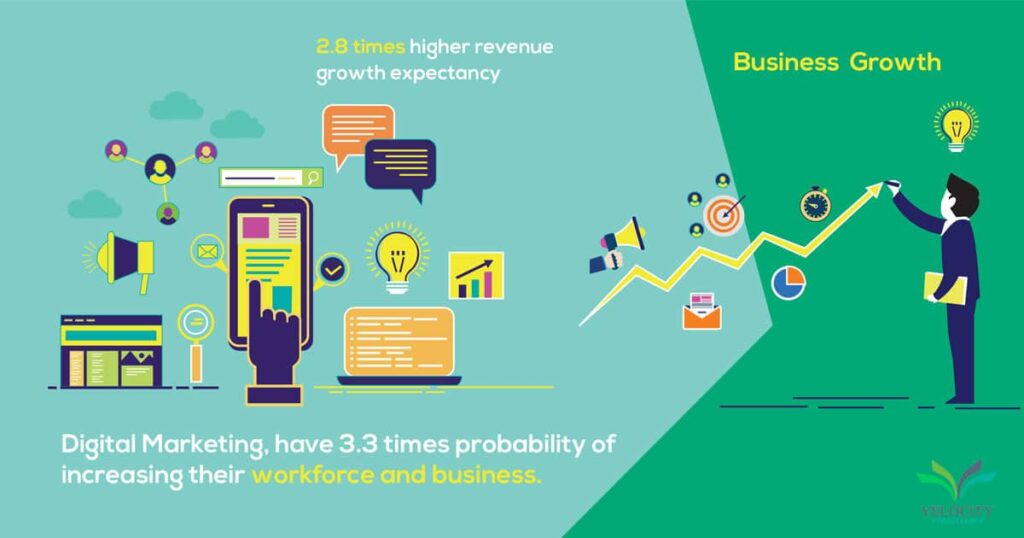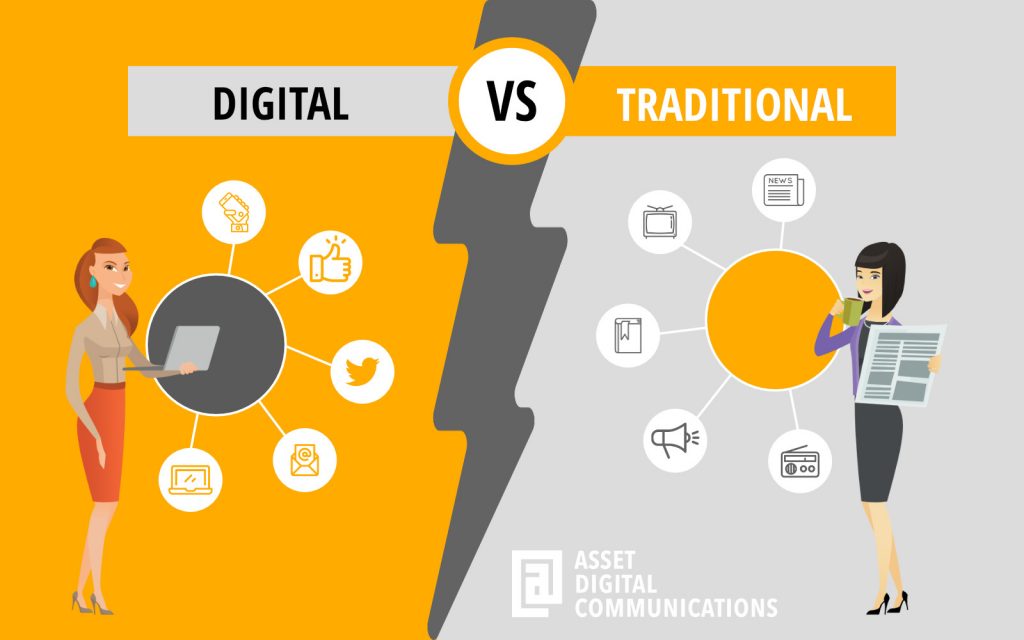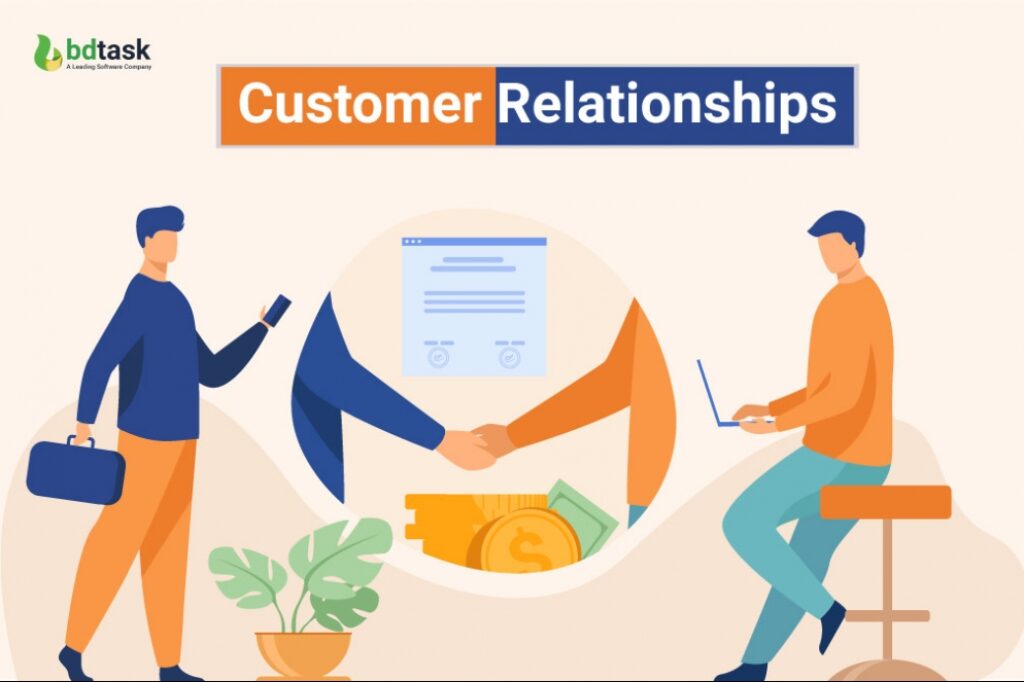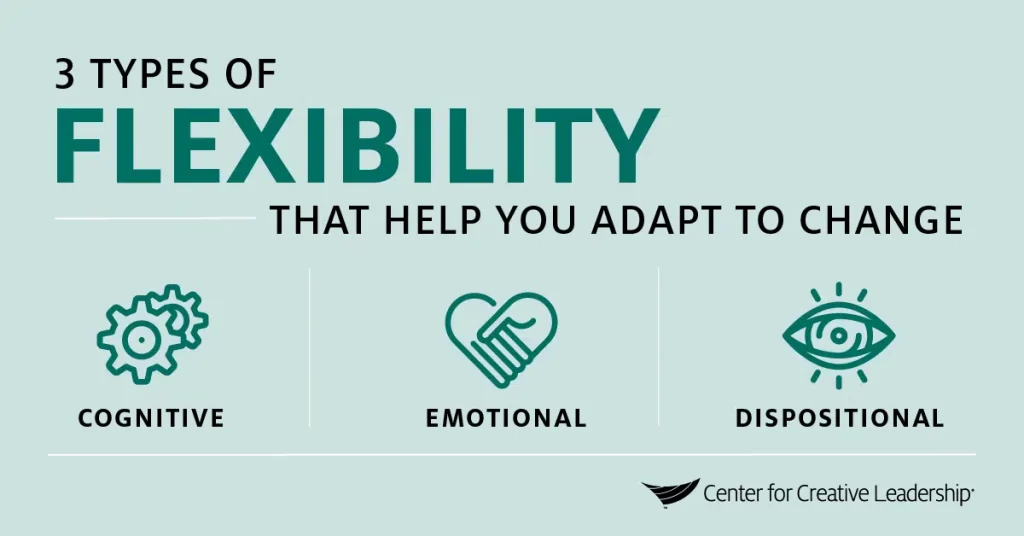Why Digital Marketing is Key for E-Commerce Growth
The e-commerce industry has seen exponential growth over the last decade, and this trend shows no signs of slowing down. With millions of businesses vying for attention in the digital space, standing out has become more challenging than ever. Digital marketing has emerged as an essential tool for driving e-commerce growth, providing businesses with the means to reach, engage, and convert their target audience effectively. This article will delve into the reasons why digital marketing is crucial for e-commerce growth and how it can help your business thrive.

1. What is Digital Marketing in the Context of E-Commerce?
Digital marketing refers to the use of digital channels to promote products or services. For e-commerce businesses, this includes strategies like SEO (Search Engine Optimization), PPC (Pay-Per-Click) advertising, social media marketing, content marketing, email marketing, and more. Each of these strategies plays a role in creating a strong online presence and helping e-commerce businesses reach their target audience.
Unlike traditional marketing, digital marketing offers real-time data analysis, the ability to reach a global audience, and the flexibility to adjust strategies quickly based on results.
2. Expanding Reach and Increasing Brand Awareness
One of the most significant benefits of digital marketing for e-commerce growth is the potential to reach a global audience. The internet has made it easier for businesses to connect with people from different parts of the world, expanding their market reach far beyond their physical location.
SEO and PPC advertising are particularly effective at increasing brand visibility. SEO helps e-commerce businesses appear in search engine results when users search for products or services related to their niche. Meanwhile, PPC ads allow businesses to bid for placement at the top of search engine results pages, driving traffic to their website and improving brand awareness.
3. Targeted Marketing for Better Conversion Rates
Targeted marketing is one of the cornerstones of digital marketing success. With tools and analytics, e-commerce businesses can reach specific audiences based on their demographics, interests, online behaviors, and more. This targeted approach helps in delivering personalized experiences to potential customers, leading to better conversion rates.
Example: An online clothing store can use targeted ads to promote winter wear to customers living in colder regions, ensuring that their marketing efforts resonate with the right people.
4. Cost-Effectiveness Compared to Traditional Marketing
For many e-commerce businesses, especially those just starting out, budget constraints are a concern. Digital marketing offers a cost-effective solution compared to traditional marketing methods. Running an online campaign through social media or search engines often costs a fraction of what a TV or print advertisement would.
Content marketing and social media marketing can provide substantial returns without significant financial investment, making them ideal strategies for smaller e-commerce businesses looking to make a big impact on a limited budget.

5. Real-Time Results and Data Analytics
Unlike traditional marketing channels, digital marketing provides real-time results and in-depth analytics that allow businesses to measure the effectiveness of their campaigns. Tools like Google Analytics and social media insights provide data on website traffic, customer behavior, engagement rates, and more.
Why is this important? Data-driven decisions allow businesses to optimize their strategies, allocate their budgets more effectively, and make adjustments on the fly to improve performance. This leads to better ROI and a more efficient use of marketing resources.
6. Building Strong Customer Relationships
In today’s market, customers expect personalized and engaging experiences. Digital marketing provides numerous channels through which businesses can connect with their customers, answer questions, and address concerns. Social media platforms like Facebook, Instagram, and Twitter are popular venues for engaging with audiences in real-time.
Email marketing is another effective tool for maintaining a strong relationship with customers. By sending personalized offers, updates, and recommendations, e-commerce businesses can keep customers engaged and encourage repeat purchases.

7. Enhancing Trust and Credibility
Trust is a vital component of any successful e-commerce business. Digital marketing can help establish trust and credibility by showcasing customer reviews, ratings, and testimonials. This kind of social proof helps reassure potential buyers that they are making the right decision by choosing your brand.
Content marketing also plays a significant role in building trust. Informative blog posts, video tutorials, and comprehensive product guides not only provide value to customers but also position your brand as an expert in your industry.
8. The Power of Influencer Marketing E commerce Growth
Influencer marketing has gained immense popularity in recent years, especially for e-commerce businesses looking to tap into new audiences. By partnering with influencers who align with your brand, you can increase your reach and credibility.
Why does influencer marketing work? Consumers tend to trust recommendations from people they follow and admire. When an influencer promotes your products, their audience is more likely to visit your e-commerce store and make a purchase.
Content marketing also plays a significant role in building trust. Informative blog posts, video tutorials, and comprehensive product guides not only provide value to customers but also position your brand as an expert in your industry.

9. Leveraging Retargeting for Higher Conversions
A significant challenge for e-commerce businesses is cart abandonment. Retargeting ads provide a solution by reminding customers of products they viewed or added to their cart but didn’t purchase. This strategy helps bring potential buyers back to complete their purchase, increasing the conversion rate.
How does retargeting work? Retargeting ads use cookies to track users’ online activity and display relevant ads to them after they’ve left your website. This gentle reminder often convinces hesitant customers to return and make a purchase.
10. Flexibility and Adaptability
The digital marketing landscape is highly adaptable. Unlike traditional marketing campaigns, which may take weeks or months to execute and measure, digital marketing allows businesses to make changes in real-time. This adaptability ensures that businesses can respond quickly to market trends, consumer preferences, and feedback.
For instance, if a PPC campaign isn’t performing as expected, adjustments can be made to the ad copy, target audience, or budget allocation to improve results without having to restart the entire campaign.

Digital marketing has become an indispensable tool for e-commerce growth, providing businesses with cost-effective, targeted, and adaptable strategies that deliver measurable results. From reaching a global audience and enhancing customer relationships to leveraging data for informed decisions and using retargeting to boost conversions, the benefits of digital marketing are clear. By understanding and effectively implementing these strategies, e-commerce businesses can set themselves apart from the competition and achieve sustainable growth in an ever-evolving marketplace.
1. What is digital marketing for E commerce Growth?
Digital marketing for e-commerce refers to using online strategies like SEO, social media, email marketing, and paid ads to promote and sell products on an e-commerce website. It aims to attract customers, engage them, and drive sales through digital channels.
2. Why is digital marketing essential for E commerce growth?
Digital marketing helps businesses reach a larger audience, build brand awareness, increase website traffic, and convert visitors into customers. It is essential because it allows e-commerce businesses to target their ideal customers and compete in a highly digital market.
3. Which digital marketing strategies are most effective for e-commerce?
Some of the most effective strategies include SEO, PPC advertising, content marketing, social media marketing, email marketing, and retargeting ads. Each of these can help attract new customers and boost sales in different ways.
4. How does SEO benefit an e-commerce business?
SEO (Search Engine Optimization) helps e-commerce websites appear in search engine results when potential customers look for related products. This increases visibility, draws more organic traffic, and enhances the website’s authority in the market.
5. What is retargeting in digital marketing?
Retargeting is a form of advertising that targets users who have previously visited your website but did not make a purchase. It reminds them of your products through ads shown on other websites or social media platforms, encouraging them to return and complete their purchase.
6. How does social media help in e-commerce growth?
Social media platforms allow e-commerce businesses to engage with their audience, showcase products, and build a community. With targeted ads and influencer partnerships, businesses can expand their reach and attract potential customers more effectively.
7. Is influencer marketing effective for e-commerce?
Yes, influencer marketing can be very effective, especially for e-commerce brands looking to reach new audiences. Influencers have loyal followers who trust their recommendations, so partnering with the right influencer can increase brand credibility and drive sales.
8. What are the costs associated with digital marketing for e-commerce?
The cost varies depending on the channels used, budget, and campaign goals. While SEO and organic social media strategies can be low-cost, paid ads, influencer partnerships, and retargeting campaigns may require a larger investment.
9. How do I measure the success of my digital marketing efforts?
Success can be measured using metrics like website traffic, conversion rate, customer acquisition cost, return on ad spend (ROAS), engagement rate, and overall sales. Analyzing these metrics can help you understand which strategies are most effective.
10. How can I get started with digital marketing for my e-commerce business?
Start by identifying your target audience, setting clear goals, and creating a budget. From there, focus on building a user-friendly website, optimizing it for search engines, and promoting your products through social media, email, and PPC campaigns.
